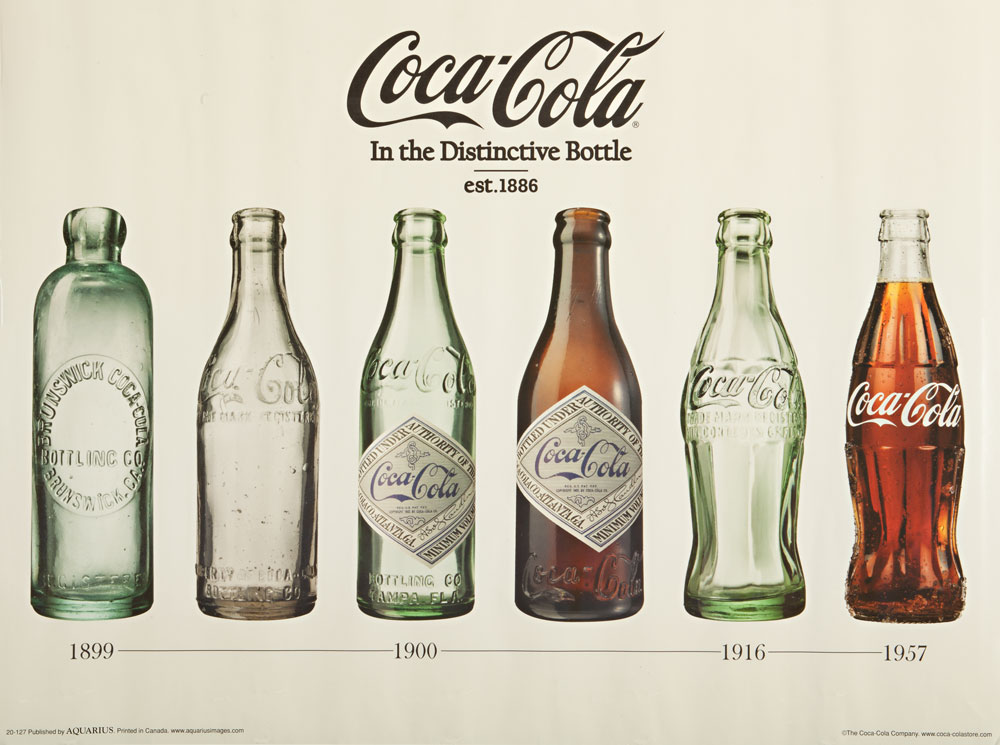Every successful company you see today—Apple, Amazon, or Coca-Cola—started as a small venture with limited resources, big dreams, and a lot of hard work. Small beginnings are not a disadvantage; they are a foundation where businesses learn, adapt, and grow. The journey of these globally recognized brands proves that starting small is not just normal; it’s essential.
In this article, we’ll explore why starting small is a vital step for every business and what lessons we can learn from iconic brands that have walked the same path.
1. Small Starts Allow Experimentation and Learning
When Jeff Bezos started Amazon in 1994, it wasn’t the e-commerce giant we know today. It was a humble online bookstore run from his garage. The small scale allowed Bezos to test his business model, understand customer behavior, and gradually expand into selling other products.
Lesson: Starting small gives you the freedom to experiment without the pressure of massive investments. Mistakes at this stage are less costly and more manageable. Use this time to refine your products or services based on customer feedback.
2. Small Scale Means Lower Risks
Big investments come with big risks. When you start small, you minimize financial exposure while testing the waters. Steve Jobs and Steve Wozniak began Apple in Jobs’ parents’ garage in 1976. They built their first computer with personal savings and a small loan. Their modest beginnings meant they could innovate without the crushing burden of massive debt.
Lesson: Keeping risks low in the early stages allows you to focus on building a sustainable foundation for growth.
3. Building Close Relationships with Customers
Small businesses have the unique advantage of building personal relationships with their customers. Howard Schultz, the man who turned Starbucks into a global coffee empire, started with one coffee shop in Seattle. He spent time understanding customer preferences and fine-tuning the Starbucks experience.
Lesson: Use your small scale to engage directly with your customers. Understand their needs, listen to feedback, and create a loyal customer base that will grow with you.
4. Flexibility to Pivot
One of the biggest advantages of starting small is agility. When businesses are small, they can quickly adapt to changes in the market or pivot when something isn’t working. Take Instagram, for example. It began as a location-based app called Burbn. When the founders realized photo-sharing was more popular among users, they shifted focus. The rest is history.
Lesson: Embrace flexibility and listen to what the market is telling you. Your initial idea doesn’t have to be your final destination.
5. Scaling Comes Naturally with Time

No business becomes big overnight. It’s a process of continuous improvement and gradual scaling. Coca-Cola sold its first bottle in 1886 in a pharmacy in Atlanta. For years, it was a small operation, producing just a few servings a day. But consistent branding, innovation, and a commitment to quality led it to become the global icon it is today.
Lesson: Growth is a marathon, not a sprint. Focus on perfecting your product or service before scaling up.
6. Small Budgets Foster Creativity
Limited resources push small businesses to think outside the box. Walt Disney started his journey as a cartoonist with little money. To save costs, he voiced Mickey Mouse himself and used innovative techniques to make his animations stand out. His creativity, born out of necessity, laid the groundwork for the Disney empire.
Lesson: Don’t let small budgets discourage you. Instead, use them to fuel creativity and find unique solutions to problems.
7. A Strong Foundation Leads to Sustainable Growth
Starting small gives you the opportunity to build a solid foundation. Businesses like Nike, which began as Blue Ribbon Sports in 1964, focused on quality products and a strong brand identity before expanding. This groundwork ensured they could handle growth without compromising on their core values.
Lesson: Use your small-scale operations to establish processes, build a brand, and ensure consistent quality. These steps will make scaling easier in the future.
8. Focusing on Your Niche Brings Clarity
Small beginnings often force businesses to focus on a specific niche. This specialization is what helps them stand out in a crowded market. For instance, Ben & Jerry’s started as a small ice cream shop in Vermont, focusing on unique flavors and high-quality ingredients. Their niche appeal helped them grow into a household name.
Lesson: Starting small allows you to carve out your niche and become known for something specific, which can later serve as a competitive advantage.
9. The Power of Word-of-Mouth Marketing
Small businesses often rely on word-of-mouth to grow, which is one of the most effective forms of marketing. Facebook, for example, started as a social network for Harvard students. Its exclusivity and simplicity generated buzz, leading to its rapid expansion to other colleges and eventually, the world.
Lesson: Focus on creating a great customer experience that naturally encourages people to talk about your business.
10. Passion Drives Success
Finally, small businesses are often fueled by the passion and dedication of their founders. Oprah Winfrey’s media empire started with a local TV show, and her passion for storytelling and connecting with people turned it into a global brand.
Lesson: Passion is your biggest asset. Use your early days to build a business that aligns with your vision and values.
Every big brand you admire today was once a small business. Their success stories show us that starting small is not a limitation—it’s a stepping stone. Small beginnings allow businesses to experiment, build relationships, and grow sustainably.
So, if you’re running a small business or dreaming of starting one, remember: even the largest trees begin as tiny seeds. With patience, persistence, and a willingness to learn, you could be building the next big thing.
Source: Forstarmedia












